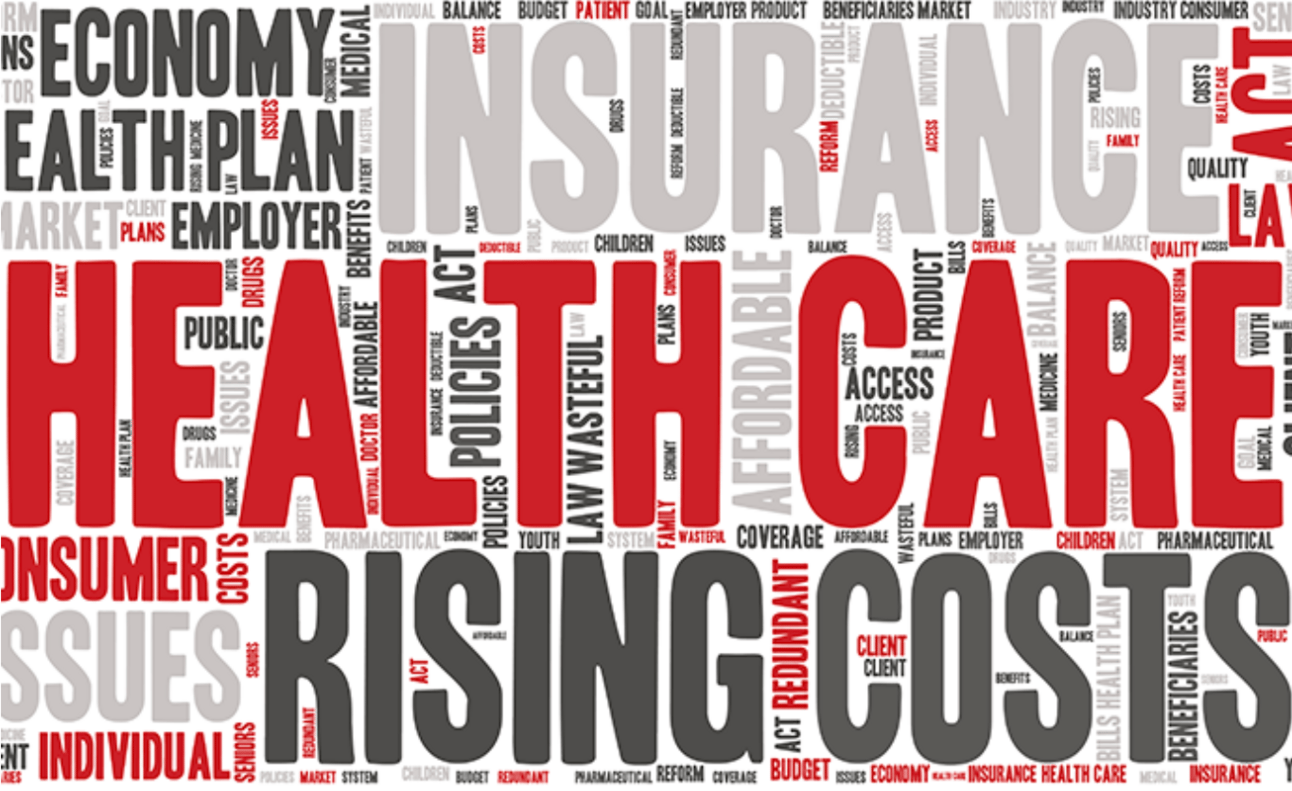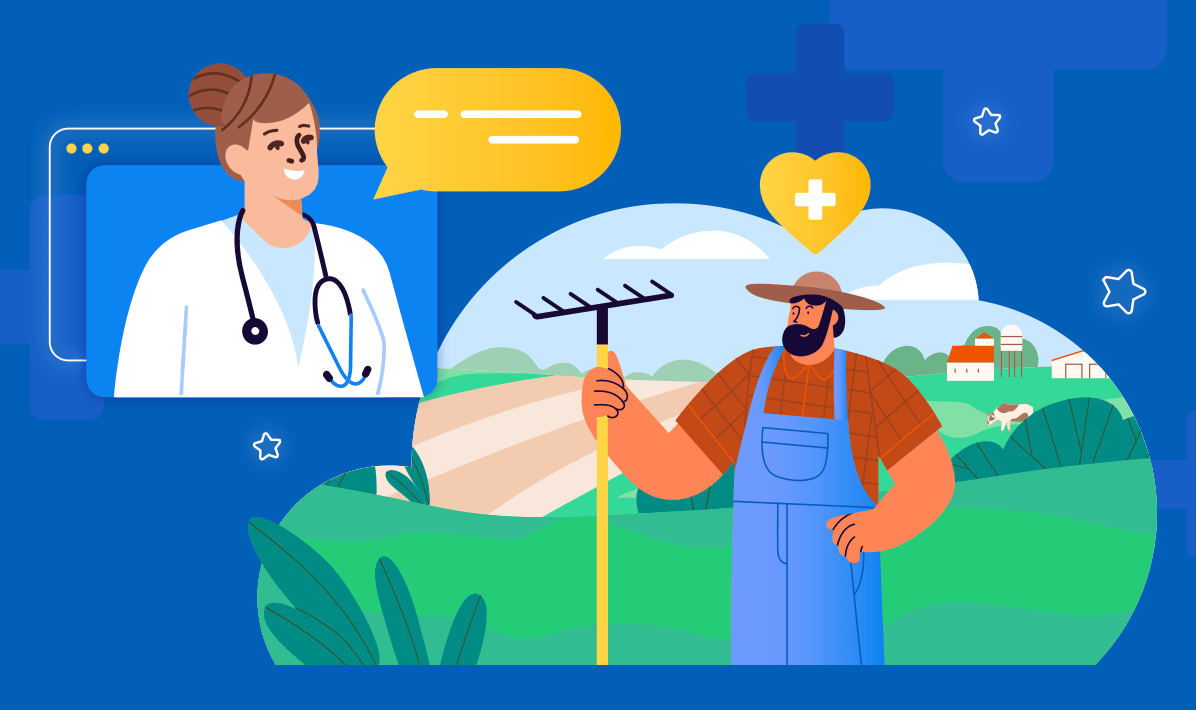- HealthTech Zen
- Posts
- ⚕️ Battling Rising Healthcare Costs With Tech
⚕️ Battling Rising Healthcare Costs With Tech
Plus: Rural Mobile Care Delivery platforms, and more
Good morning. We are back with your midweek dose of fresh updates from the world of healthcare technology.
Here’s what we’re covering in today’s newsletter:
Battling Rising Healthcare Costs WIth Technology
Bridging Gaps: Rural Mobile-Care Delivery Platforms
Deep Dive: What is ePrescribing
14 years back, we started Arkenea to help healthcare companies and entrepreneurs build HIPAA-compliant software. If you need to hire developers quickly and affordably, Arkenea can help!
ANALYSIS
Battling Rising Healthcare Costs With Tech
About half of U.S. adults say it is difficult to afford health care costs, and one in four say they or a family member in their household had problems paying for health care in the past 12 months.
The United States spends way more than anybody else on healthcare. The latest survey indicates that health plan costs could jump by 6.6% in 2024.

Telemedicine platforms can be a game changer in reducing healthcare expenditures.
Remote consultation, 24/7 coverage, and availability of specialists over telemedicine applications has played a key role in reducing healthcare costs.
Telemedicine or telehealth services reduce readmission costs by following up with patients virtually, especially chronic disease patients.
Wearable monitoring devices integrated with telemedicine apps can help reduce healthcare expenditures since they provide you with real-time vital checks, and they also decrease travel costs.
Read more on how telemedicine reduces healthcare costs here.
TOP STORY
Bridging Gaps: Rural Mobile-Care Delivery Platforms

What’s happening: One of the recent initiatives highlighted by PARADIGM is mobile-care delivery platforms employed with all the bells and whistles of the healthcare systems. With all the advanced medical devices deployed on mobile-care, rural healthcare providers can deliver customized and advanced care.
Why does it matter: The U.S. Census Bureau reports that there are over 46 million Americans living in the rural areas, that’s 15 percent of the total US population.
Rural Americans are more likely to die from cancer, heart disease, lung disease, or a stroke than their urban counterparts, states the draft Platform Accelerating Rural Access to Distributed & InteGrated Medical Care solicitation by ARPA-H.
The mobile-care delivery platforms are here to tackle the rising chronic health conditions of the rural people.
Key advantages of mobile-care delivery platforms:
Control of infectious diseases
High level of patient engagement
Bringing advanced medical devices to the rural community
Convenient means of care for the bed-ridden patients of the rural areas
Reduced healthcare expenses
Read more on the topic here.
DEEP DIVE
What Is ePrescribing?
E-prescribing, or electronic prescribing, refers to the computer-based electronic generation, transmission, and filling of a medical prescription. It involves the use of digital technology to create and transmit prescriptions between healthcare providers, such as doctors, and pharmacies.
Key features of e-prescribing include:
Digital prescription creation
Electronic transmission
Integration with EHRs
Real time decision support
Pharmacy connectivity
Patient convenience
Improved medical adherence
Learn more about how prescription processing software can streamline medical prescription management here.
SNIPPETS
What else is making news
GE Healthcare is acquiring MIM Software, a global provider of medical imaging analysis and artificial intelligence solutions. This move is aimed at accelerating innovation and enhancing GE Healthcare's solutions across care areas such as radiation oncology, molecular radiotherapy, diagnostic imaging, and urology. MIM Software's imaging analytics and digital workflow capabilities will be integrated into GE Healthcare's advanced visualization offerings, focusing on AI-based segmentation and contouring, as well as dosimetry analysis.
U.S. Health and Human Services Secretary Xavier Becerra has appointed Stacy Sanders as the agency's first chief competition officer. As chief competition officer, Sanders will lead HHS in data-sharing, creating training programs and developing healthcare competition policy initiatives to address concentration in healthcare markets.